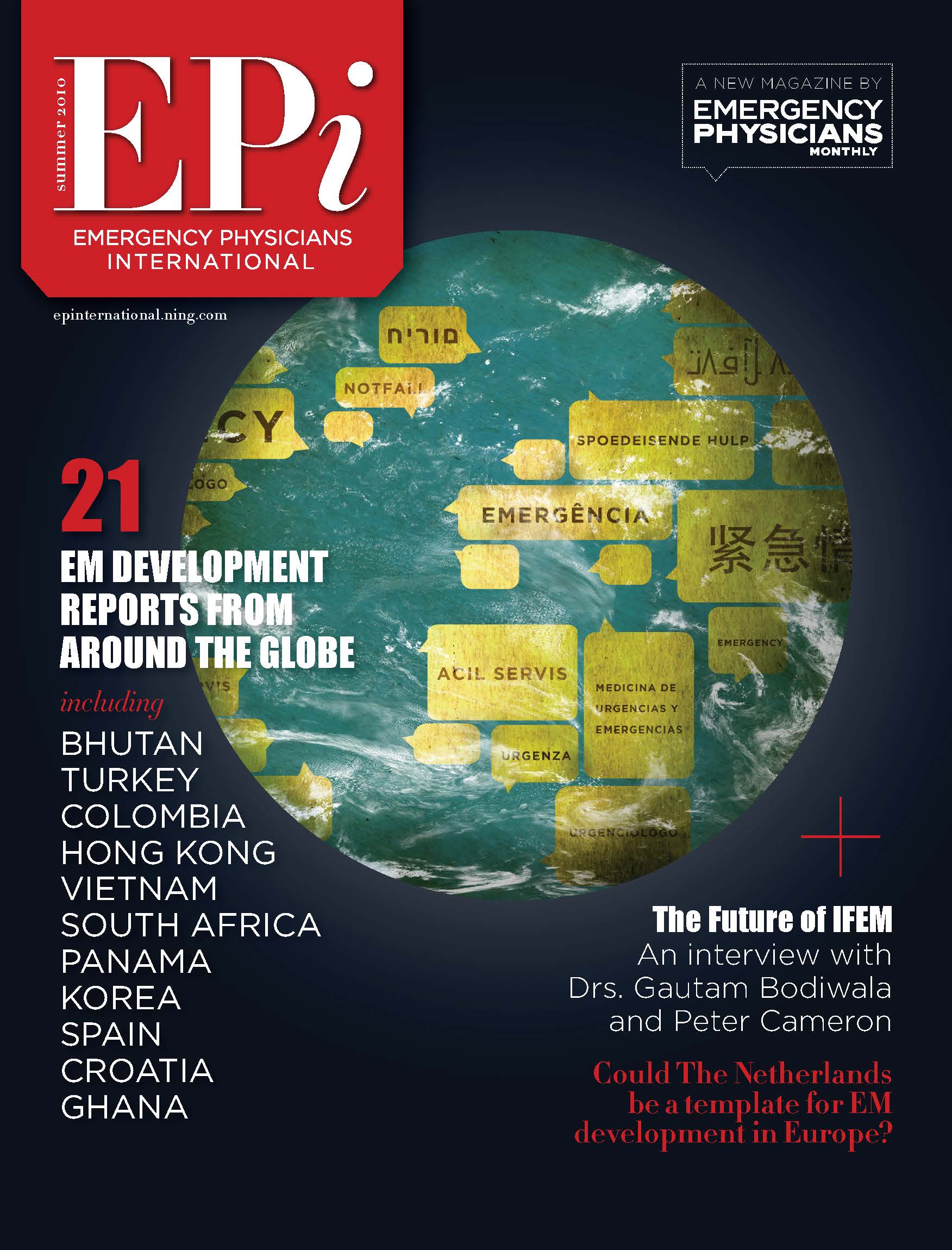Field Report: Mexico
Mayans speaking their indigenous languages and wearing their colorful traditional dress. Zapatistas intermittently blocking roads and occupying the zocalo (central city square). Abandoned 8th century cities and pyramids, great food and an escape from Tucson heat to awesome mist-covered mountains. This was my recent experience working in an indigent indigenous community of Chiapas, Mexico.
I spent two weeks caring for severe wounds and burns, and other medical problems, under the auspices of humanitarian Don Sergio Castro. Our five-person team was mostly volunteer clinicians from Clínica Amistad, a facility for primarily Spanish-speaking medically indigent patients in Tucson.
Each day felt like two full workdays. We started early, performing home calls in the city and outlying Mayan communities. We cared for patients in subsistence communities who were too ill or injured to get into the clinic, including paralyzed accident victims and those suffering from severe diabetic or vascular wounds. Working in both Spanish and one of the two regional Mayan languages, Tzeltal and Tzotzil, we treated patients using only the supplies we could carry on our backs, sometimes hiking to get to the patient’s home.
In the afternoon and evening we helped staff the makeshift clinic outside the Museo de Trajes Regionales, a small museum used to help support the operation. Patients were seen in the order they arrived. They ranged in age from infants – frequently suffering from boiling water burns – to the very elderly. Some injuries were minor; others required weeks of daily care. Our medical supplies were an amalgam of donated and improvised materials; there were usually barely enough to care for our patients.
Don Sergio Castro has been serving the Mayan population of Chiapas for 50 years. He started as an agronomist with some veterinary training, but he quickly abandoned his government job to help build schools and sanitation systems, and to care for wounds in the Mayan communities. While he came from a wealthy background, he lives frugally, spending most of his funds on his work.
Over the years, many clinicians and groups have had the opportunity to work with Don Sergio. Pat Ferrer has helped him financially and on-site for many years. On this trip, I had the privilege to learn a great deal about wound care from experts and assist in an ongoing, sustainable effort for an indigent population.





